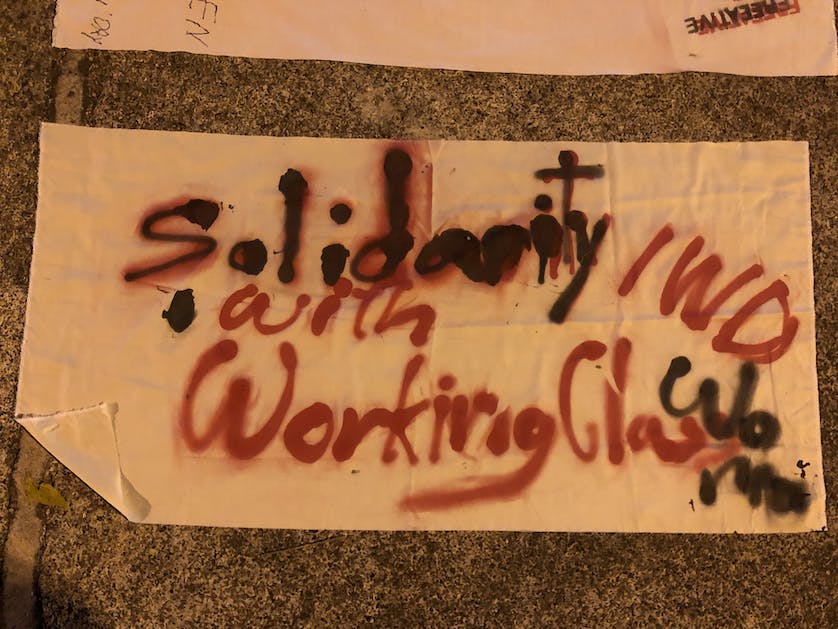
Earlier this month, Citylife intern Erin attended “Because We Are Women,” a gathering organised by Northern Labour Network at Tha Phae Gate. She followed up with Brahm Press, Director of Map Foundation, to learn more about how we can continue to think of female migrant workers as March’s International Women’s Month comes to an end.
What was the significance of having “Because We Are Women” on International Women’s Day?
We want to make sure that migrant women are recognised in the women’s movement. In fact, usually, migrant women are the core group and vast majority present at the IWD [International Women’s Day] day event. But, again, because of COVID, this year was different. We have always been inclusive, so the LGBTQ movement, as well as disabled women, women living with HIV, and indigenous groups have been part of our movement.
What are the biggest challenges for female migrant workers right now? What challenges have been worsened by COVID-19?
Migrants are always challenged by the ability to remain properly documented. In part, because they need to have a proper employer, registration periods are only a couple of months, and the costs keep increasing. COVID has impacted the job market, making it more difficult for migrants to retain their job. Migrant women are often the first to be laid-off. They also receive a lower wage than male migrant workers, which is commonly below the minimum wage. So, it is difficult for migrant women to earn a minimum wage much less a living wage. Domestic violence has also spiked due to COVID pressures. These women are left doubly vulnerable, because it is difficult for them to access services. Although they are not prevented from doing so, there are language issues and always concern over documentation status.
What are MAP’s main initiatives right now?
MAP has the “Women Exchange” program on-going for over twenty years now. It develops and supports community-level, migrant women leaders to organise “women exchange” groups locally, which are women-only spaces where migrant women become empowered by learning about their rights, such as sexual and reproductive health and right, labour rights, and ending gender based violence. We have also had a focus on developing a network of NGOs and government agencies to help respond to incidents of domestic violence among the migrant community.
What can people in Chiang Mai do to support female migrant workers?
Obviously, consider that if you are hiring a migrant worker, to support her fully with registration documents and a proper wage and working conditions. Take notice that there are multiple cultures present in Chiang Mai – the Shan are a significant sized minority group, but make up the majority of migrants. And join our IWD march every year (have to wait until next year!)
Learn more about MAP Foundation on their Facebook
